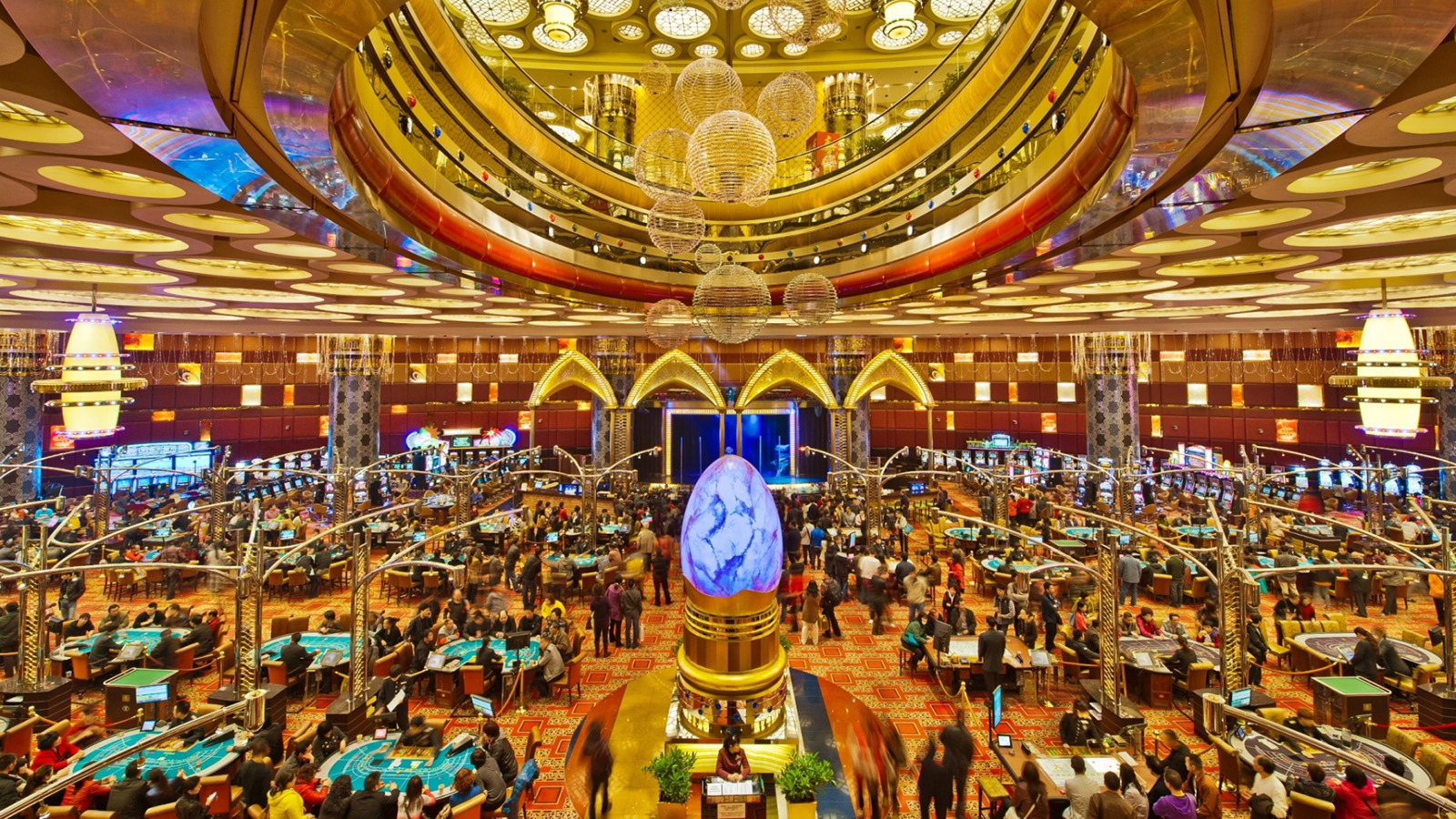The International Impact of U.S. Gaming Activities

A realm of entertainment has seen numerous changes over the decades, but not many have captured the imagination and thrill of gamers like gambling games. Emerging in the bustling halls of Las Vegas, Nevada and Atlantic City, New Jersey, these games have spilled over boundaries and societies, becoming a global phenomenon. Whether in the dazzling lights of a mega-resort to the comfort of online sites, the allure of casino games is irrefutable, drawing millions into a realm of chance and tactics.
As an increasing number of nations embrace gambling in various forms, the influence of U.S. casino games is obvious. They have not only influenced local gambling markets but have also sparked countless adaptations and innovations worldwide. Classic games such as poker and blackjack, along with new variations, have created a shared language of entertainment that resonates across varied populations. The combination of gambling risks, rewards, and social interaction found in these activities fosters a distinct sense of community, further solidifying their place in the international entertainment sphere.
Historical Overview of American Gambling Activities
U.S. casino gambling activities have a rich and colorful past that reflects the cultural development of the U.S.. The origins of these activities can be linked back to various European gambling practices brought over by settlers. Games like the poker game, the blackjack game, and the roulette game found their way into the mosaic of U.S. society in the 1800s century, gaining fame in saloons and riverboats. These places provided the perfect setting for community engagement and competition, establishing a solid basis for casino gambling as we recognize it today.
As the nation moved to the west, gaming evolved in tandem with it. The Gold Rush era in the mid-1800s witnessed the rise of gambling towns such as Deadwood and Tombstone, Arizona, where gambling activities were played with high stakes, often punctuated by an air of disorder. This period paved the way for the formalization of casino gambling in the beginning of the 20th century, notably with the creation of Las Vegas as a gaming center. The construction of lavish casinos changed the gambling environment, creating an atmosphere where gambling activities could flourish and attract tourists from across the world.
In recent decades, the legalization of casino gambling in various states has further diversified the range of games available. Đăng Ký 23WIN U.S. casinos now feature a combination of classic games and new offerings that cater to contemporary players. This expansion has allowed for a distinct blend of traditional and newfangled, enabling the continuous evolution of casino culture in America. The global impact of these activities has also led to their incorporation into international gambling industries, showcasing the enduring impact of U.S. casino gambling activities around the world.
Global Popularity and Impact
The rise of American casino titles has marked a significant change in the global gambling landscape. With their appeal crossing borders, these titles have enthralled players around the world. From poker tournaments to slot machines, American styles have found a home in many global casinos. This transfer of culture emphasizes how versatile and engaging these games are, tailoring to local preferences while maintaining their classic U.S. charm.
Additionally, the impact of these titles goes beyond traditional gambling establishments. Online platforms have played a pivotal role in popularizing U.S. casino titles, making them accessible to players worldwide. The convenience of online gaming has introduced millions to opportunities that were once limited to physical casinos. Players can now enjoy their favorite titles from any location, sparking a fresh wave of excitement and growing the player base significantly.
This widespread acceptance is also reflected in the incorporation of U.S. casino titles into local cultures. 23win Countries that have embraced these games often host their own versions and tournaments, blending local customs with U.S. gaming traditions. This fusion not only enriches the gambling experience for players, but it also underscores the strong impact that U.S. casino titles have on both leisure and community interaction across different societies.
Cultural Adjustments and Improvements
Gambling games have undergone major transformations as they expanded across various societies. Every area has absorbed elements of American gaming while adding its own customs and practices. For example, the rise of online casino platforms has allowed for the integration of local character into classic titles like Texas Hold'em and blackjack. Gamblers now enjoy variations that incorporate regional betting styles and unique rules, making the games more relatable and welcoming for different crowds.
In many countries, the popularity of casino games has led to the development of localized versions that showcase cultural themes and stories. This adaptability has paved the way for creative game design that connects with players on a personal level. Slot machines, for instance, now feature imagery and sounds that celebrate local traditions, folklore, and pop culture, which in consequently enhances the gaming adventure and fosters a feeling of belonging among gamblers.
Additionally, the worldwide impact of U.S. casino games has led to new game styles and hybrid formats. Some establishments have combined traditional gambling with amusement aspects, such as live performances or engaging technology, resulting in a more engaging atmosphere. These innovations not only draw a wider crowd but also guarantee that the essence of gambling continues to progress, connecting gaps between different cultures while maintaining the excitement that gambling games are celebrated for.
